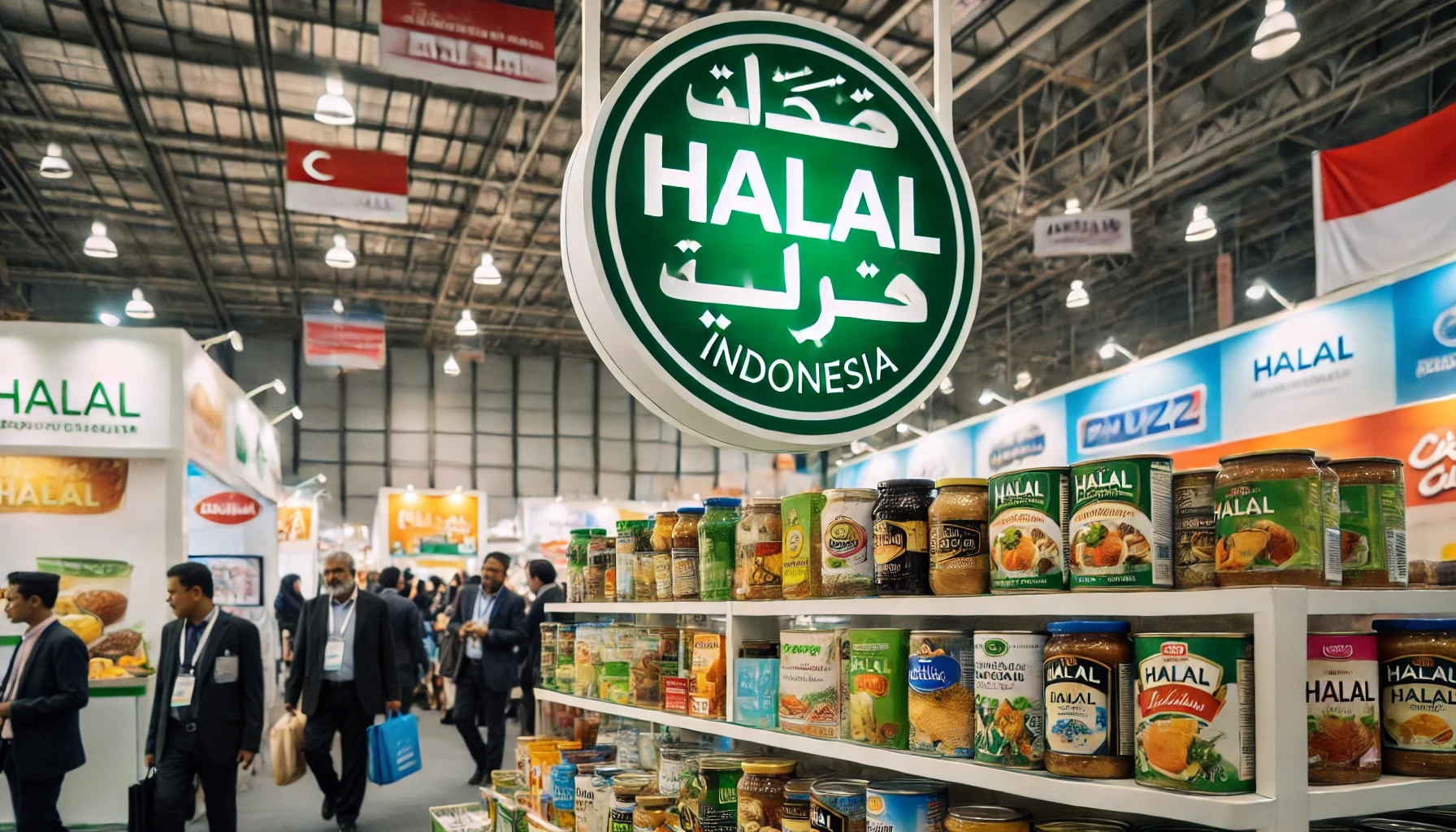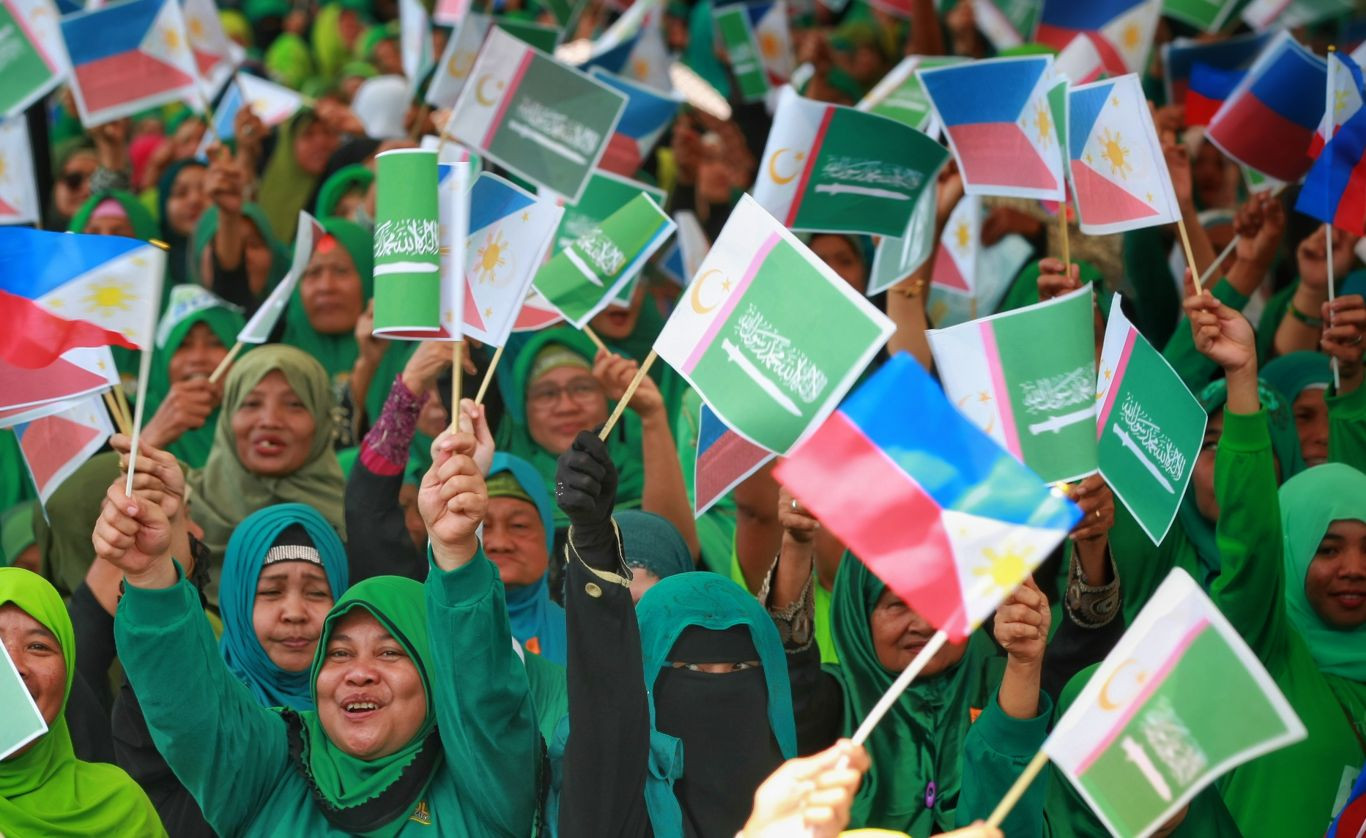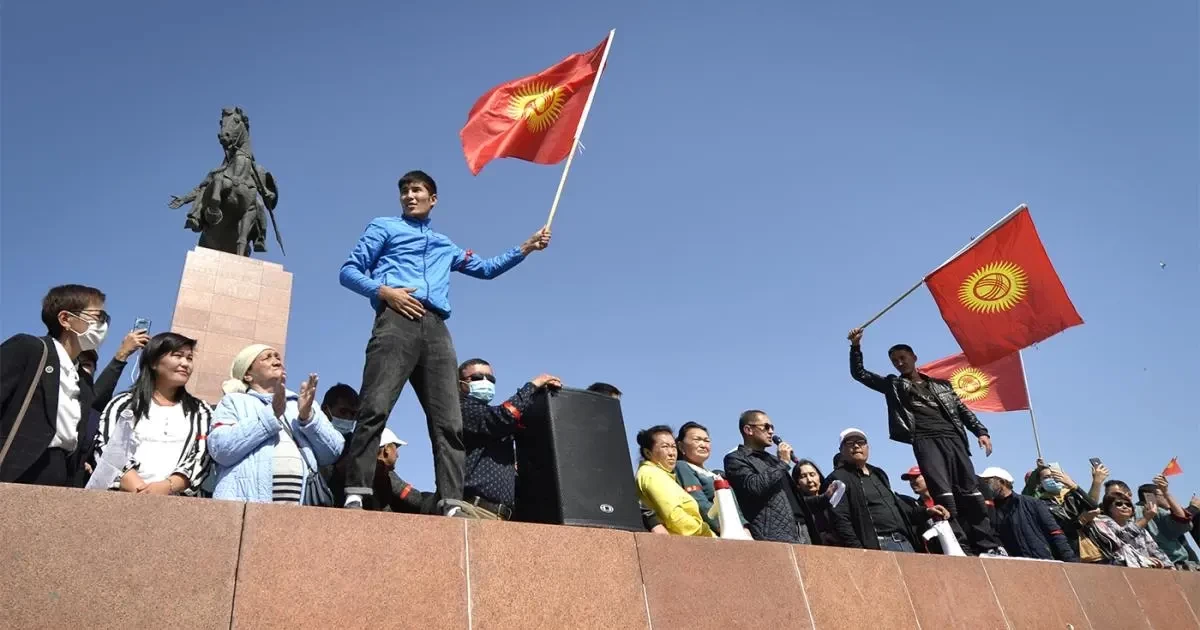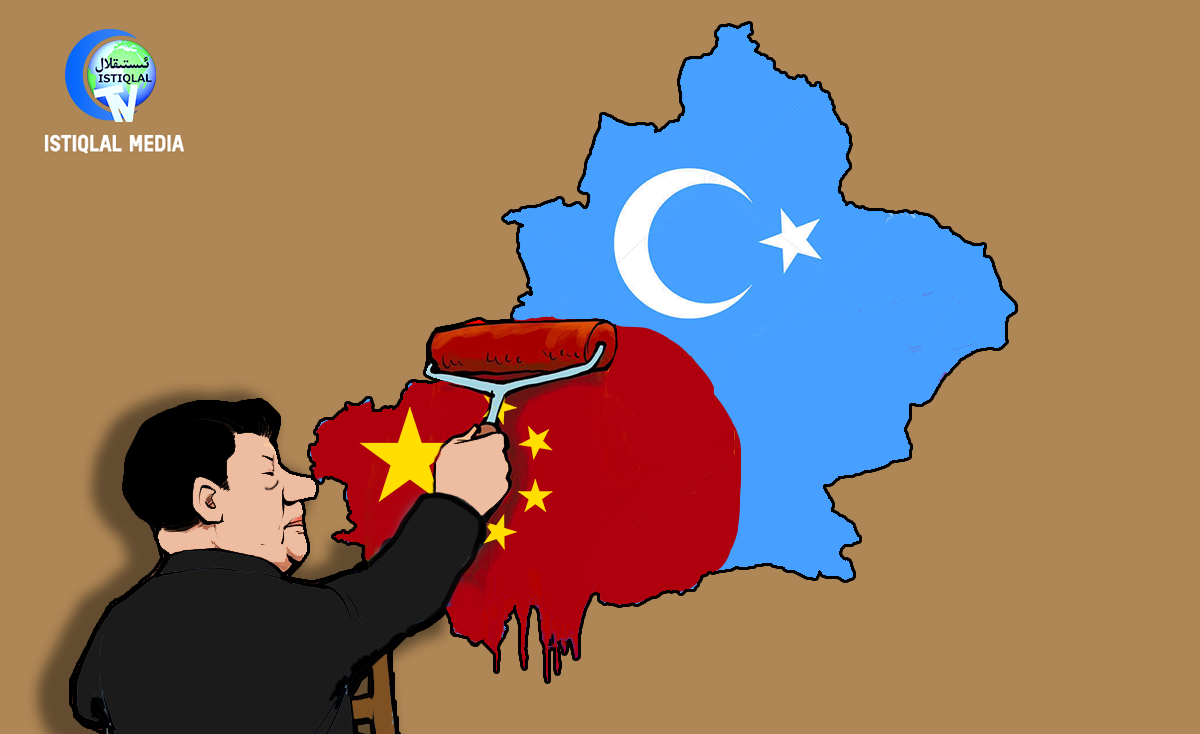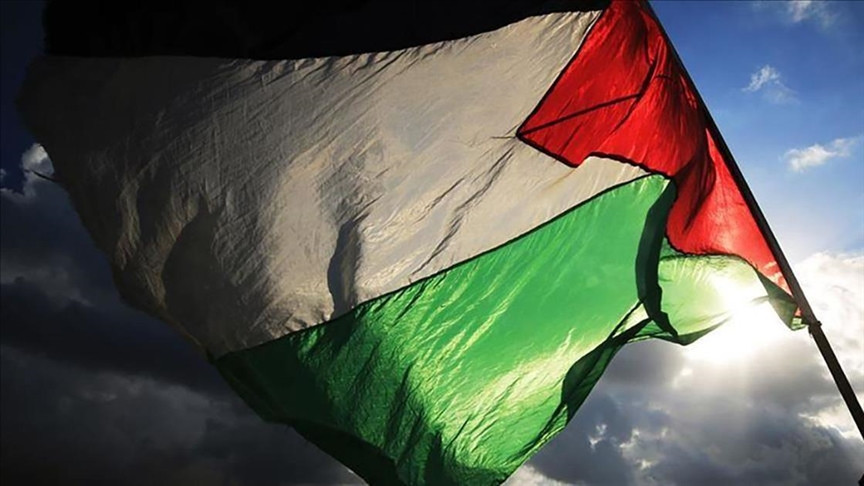
Peace Treaty for Prosperity: A New Palestine or a Dead Palestine
Photograph: Anadolu Agency
The Israel issue, which has evolved from being regional to a global concern, became even more serious during the tenure of former U.S. President Donald Trump. After assuming the presidency, Trump, who claimed he would resolve this issue, announced that he would release a peace proposal in collaboration with his son-in-law, Jared Kushner, known for his close ties to Jewish lobbies like the American Israel Public Affairs Committee (AIPAC), and named this proposal the "Deal of the Century." After some details of the proposal were leaked by the Israel Hayom newspaper, Palestinian President Mahmoud Abbas referred to the proposal as the "Slap of the Century" and called on Arab states in the region to condemn the agreement and stand with Palestine. However, this request did not find a response, and the "Peace to Prosperity Workshop" held in Bahrain on June 25-26, 2019, with the participation of Gulf countries, presented a completely opposite image.
The "Peace for Prosperity Plan" was officially announced by then-U.S. President Trump on January 28, 2020. This peace proposal aims to spread a total budget of 50 billion dollars over a period of ten years. It is stated that this 50 billion dollars will be used to ensure the legal existence of two states, Israel and Palestine, in designated regions. Projects in various areas such as economics, education, security, and trade, among others, are envisioned to be implemented under this framework and are included in the agreement text. While the proposal frequently emphasizes the fair realization of the concept of two independent states, Israel and Palestine, the rhetoric used in the text and the undisclosed aspects of the intended projects raise deep questions about the intentions of the United States. Therefore, an analysis of whether the announced agreement truly aligns with the principles of neutrality, political independence, security, economy, and Jerusalem, in the context of establishing the State of Palestine in accordance with international law, would be necessary to fully understand the agreement.
Regarding the Neutrality of the Text
In the proposal text, there is a noticeable effort to establish a legitimacy ground for military activities that have been conducted in the region prior to the agreement and those that will be carried out through this project, primarily by stating that Israel faces security issues. Under the heading "Gaza Criteria," Israel is granted the right to dictate the implementation of the agreement in three situations. Although not explicitly stated in the proposal, it is quite clear in the articles that this imposition carries a military implication:
1. If Hamas controls the Gaza region or has influence over the region's administration through its impact on the Palestinian State, all "terrorist organizations" are not disarmed.
2. If organizations like Hamas and the Palestinian Islamic Jihad, among others, do not disarm in Gaza.
3. If Gaza is not completely demilitarized (The White House, 2020, p. 26).
Besides giving Israel the authority to enforce the agreement under the pretext of imposition, the use of the term 'worship' to describe the worship activities of Jews and Christians in Jerusalem in order to emphasize its significance for the world, while describing the worship of Muslims with the term 'Bow,' which also implies submission and kneeling, completely obscures the neutrality aspect of the text (The White House, 2020, p. 14). This usage conveys not only a message that Palestinians must accept the agreement but also carries a connotation of humiliation for Muslims. Another concerning issue that arose after the persuasiveness of the agreement regarding neutrality began to be questioned is whether the promised State of Palestine can truly be considered a state within the framework of international law.
Another concerning issue that arose after the persuasiveness of the agreement regarding neutrality began to be questioned is whether the promised State of Palestine can truly be considered a state within the framework of international law
The Legal Position of the New Palestinian Entity
According to international law, for an entity to be considered a state, it must possess all four fundamental principles without reducing any of them to just one or a few. These four fundamental principles are: 'a population,' 'a defined territory,' 'a government,' and 'the capacity to enter into international relations.' When we examine the promised State of Palestine, it becomes evident that the last of these four principles, 'the capacity to enter into international relations,' cannot be realized independently. In this regard, the condition imposed on the State of Palestine not to participate in any international organization without the consent of Israel (The White House, 2020, p. 39) indicates that the State of Palestine will be deprived of the capacity to engage in international relations independently and will become dependent on Israel in its foreign relations.
From an international perspective, the definition of a state reveals that the intended State of Palestine does not meet the criteria for statehood. Moreover, when we examine the state definition within the framework of domestic law, it becomes evident that the prerequisites for statehood remain unfulfilled.
The definition of a state according to domestic law is typically expressed as "an entity formed by a specific population that exercises sovereignty over a defined territory," often attributed to the Austrian jurist Jellinek (Gözler, 2017, p. 4). In this context, when explaining the concept of sovereignty, it is stated in reference to the liberal perspective that the state should provide defense, security, and justice services due to its sovereignty (p. 27). However, when the "Peace to Prosperity" text is examined, it draws attention to the fact that the State of Palestine will be rendered incapable of ensuring its own security. This is because while the text mentions that the state's security against external threats will be provided by the State of Israel, immediately after this statement, it is indicated that the activities carried out will not threaten the security of Israel. It is clear that the State of Israel, using its own security as a justification, will not allow the State of Palestine to be equipped with heavy weapons and will keep it dependent on Israel in terms of security. As a result, an institutional structure will emerge that cannot ensure the security of its people on its own and, in this context, will be deprived of the capacity to become a state unless Israel allows it to enter regional security arrangements.
It is clear that the State of Israel, using its own security as a justification, will not allow the State of Palestine to be equipped with heavy weapons and will keep it dependent on Israel in terms of security.
A Look at the Economic Framework for the New State of Palestine
The vulnerability of the planned State of Palestine is not only evident in the realms of security and politics but also in the economic sphere. The agreement states that the Haifa and Ashdod ports, crucial for trade, can be used by the State of Palestine under the permission and control of Israel. Another important point to mention here is the frequent emphasis in the agreement text on the establishment and strengthening of private capital in the new State of Palestine.
While an improvement plan may seem to be presented in this regard, the situation where Israel retains control over customs and airports due to security concerns fundamentally undermines Palestine's ability to function as an economically independent and competitive state. Any disruption caused by Israel in trade routes during times of tension would deeply affect the Palestinian economy. With questions surrounding sustainability and commercial continuity, it is clear that free-market investors will be hesitant to invest in the new State of Palestine. Alternatively, and worse yet, entrepreneurs seeking investment opportunities in an environment where sustainability cannot be guaranteed may pursue their interests for ideological rather than economic reasons, potentially exerting pressure on the State of Palestine.
As a result, the new State of Palestine, which cannot achieve independence in terms of security, will become even more dependent on Israel in the political arena due to the pressure exerted by these entrepreneurs. Assuming that Israel, which retains control over customs and airports, will be impartial in determining which companies it allows to engage in import and export activities, especially considering the fate of activities carried out solely for humanitarian purposes, such as the Mavi Marmara, would be overly naïve.
The Jerusalem Issue
Jerusalem, whose value is unquestionable for many religions, including Islam, Christianity, and Judaism, is one of the topics addressed in the agreement. While the agreement states that Jerusalem will be open to all religions, it does not clearly specify how its administration will be handled. However, by designating Israel as the guardian of Jerusalem in the text and emphasizing that Jerusalem has been open to everyone under Israeli administration, it becomes evident who is being favored for the governance of Jerusalem. Thus, the agreement appears to be aimed at constructing a new state that is incapable of governing its own capital.
Another important aspect to consider regarding Jerusalem is its demographic structure. Currently, 64% of the population in Jerusalem is Jewish, while 34% is Muslim. Under the continued control of Israel, the governance of Jerusalem suggests that the existing demographic makeup will continue to work against the interests of Muslims. This is because, with Jerusalem under Israeli administration, it opens up the legal pathway for activities such as demolitions and evictions that we have previously witnessed in Arab households, citing reasons like "illegal structures" and "unsafe structures." Additionally, the legal authority to grant building permits for new structures will also be in the hands of Israel. Thus, Israel, which convinced the United States on December 6, 2017, that its capital is Jerusalem, will assert legal dominance over Jerusalem.
Under the continued control of Israel, the governance of Jerusalem suggests that the existing demographic makeup will continue to work against the interests of Muslims.
Conclusion
The "Peace to Prosperity" agreement, which claims to end the Israel-Palestine conflict and secure Arab-Israeli friendship, is a text with questionable neutrality due to its foundation on Israel having a security problem and the rhetoric developed accordingly. The newly planned State of Palestine, on the other hand, is a so-called state that cannot fully meet the requirements of statehood in the context of international law, making it, in reality, an autonomous entity highly dependent on Israel in politics, security, and economics.
Assessing the text only at the state level would lead to the oversight of clearly observable social injustices. Thus, it becomes essential to examine the text from a societal perspective as well. In this context, the authority granted to Israel for the return of Palestinians displaced from their lands since 1948 and the work to be carried out for detainees are just a few examples of social injustices that can be cited.
In the determination of who will migrate to the new State of Palestine, security reasons have been cited, and Israel has been granted authority in deciding who will be accepted for migration. While the release of Israeli detainees is requested unconditionally, the text states that Palestinian detainees who have participated in "terrorist activities" should be exempted and released, which is one of the significant examples of social injustices. This is because Israel has detained all Palestinians it arrested on the grounds of involvement in terrorist activities, and as a result, many Palestinian families will not be reunited.
In any case, what is being attempted to be built on a legal basis is not a new State of Palestine, but rather a dead Palestinian autonomy.
Muhammed Mustafa Bilgili
2013-2018 tarihleri arasında İstanbul 29 Mayıs Üniversitesi Siyaset Bilimi ve Uluslararası İlişkiler Bölümü'nde lisans eğitimini tamamlayan Muhammed Mustafa Bilgili, 2018 yılında başladığı yüksek lisans eğitimine Marmara Üniversitesi Siyaset Bilimi v...
 Muhammed Mustafa Bilgili
Muhammed Mustafa Bilgili